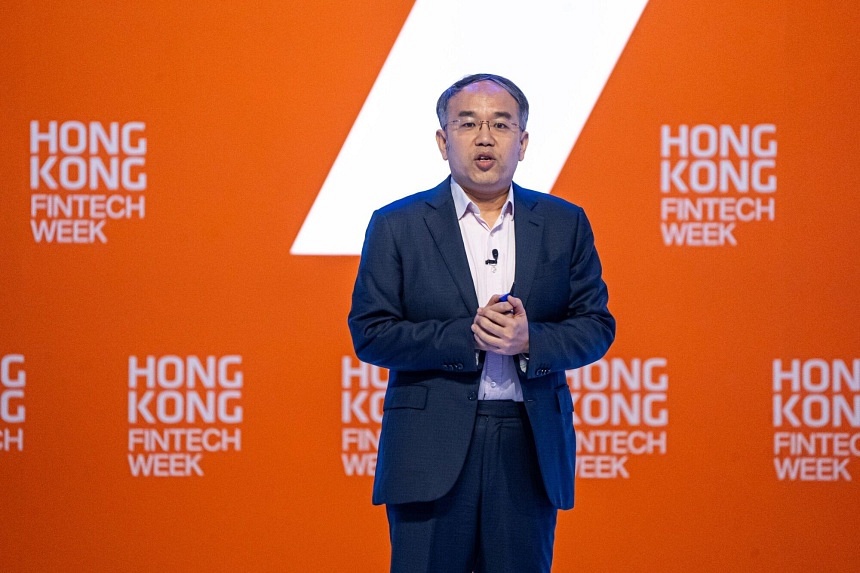
Mr Christopher Hui, Hong Kong's Secretary for Financial Services and the Treasury, said the city recognises the unique risks and opportunities brought by AI. HONG KONG – Hong Kong outlined its first policy guidelines dedicated to the use of artificial intelligence (AI) in finance and floated a tax break for virtual assets, part of efforts to promote itself as an Asian business center. On Oct 28, government officials touted a common framework through which different regulatory agencies can craft policy governing the use of AI, considered key to the future of finance and other sectors.
They also proposed the extension of a tax break on the ownership of digital assets such as cryptocurrencies, promising legislation by the end of the year. Hong Kong is keen to burnish its credentials as Asia’s go-to centre for financial services. It wants to win back investors who’ve fled the city’s markets in the face of heightened US-Chinese tensions, while embracing next-generation technologies from crypto to AI.
“Hong Kong’s financial sector has what it takes to promote AI adoption – sizable markets and rich scenarios,” Secretary for Financial Services and the Treasury Christopher Hui said in a keynote speech during Fintech Week, the city’s annual flagship industry event. The city recognises the unique risks and opportunities brought by AI, and will take a dual-track approach to promote development while addressing challenges, Mr Hui said. Regulators across banking, securities, pensions and insurance and audit will now provide their own circulars about AI regulations in the financial sector, he added.
Hong Kong’s move comes as governments, businesses and consumers around the world grapple with AI’s potential. One factor complicating matters is that the city sits squarely in the middle of a broadening US-China technology conflict. Many consumers in Hong Kong cannot easily access some of the most popular AI services, such as OpenAI’s ChatGPT and Google’s Gemini, because the US tech giants don’t make them available locally.
Meanwhile, accessing services from China’s Baidu Inc and ByteDance is complicated or impossible. The city’s government has attempted to address that challenge by developing its own AI. Financial firms globally are also looking into the ways AI might reshape their operations.
Banks have been advertising to lure AI talent and are using new technologies for everything from examining client portfolios to looking for potential defaulters. Hong Kong University of Science and Technology will make a homegrown large language model, InvestLM, available to the local financial services industry, offering advisory and training services. It will fine-tune models and foster development of AI tailored to local market rules, Mr Hui said.
Away from AI, Hong Kong and Singapore are among the regional cities trying to stake a claim on the fast-growing digital asset market. Under that wider agenda, Mr Hui said the government is proposing the extension of existing tax breaks for family offices and private funds to include investment in virtual assets. The move will “further recognise its role for asset allocation”, he added.
BLOOMBERG Join ST's Telegram channel and get the latest breaking news delivered to you. Read 3 articles and stand to win rewards Spin the wheel now.














